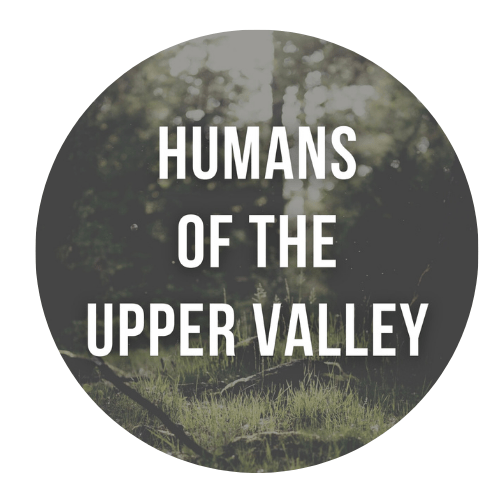“A portion of my family is Indigenous and we have been here in the Miller Pond District for many, many, many generations. We are multi-racial, but we also have ancestry from many different places throughout Europe and the Americas.
I grew up without a tremendous amount of money, so I had to go outside of the Upper Valley to afford a post-secondary education. I chose to go to Alaska because of my trades that I had under my belt. I worked in oil field and mining support to fund my education. Working fourteen to fifteen weeks a year was enough to pay my living expenses, plus tuition and books.
It was from going between here and school that I found that I could take transcontinental trips at low costs. I wanted adventure, and driving allowed me to go different places and see what this continent had to provide. To make it economically feasible, I only ate out at a restaurant once a day. I camped most of the time. I had a Toyota pickup with a camper shell and a tent, and I would just drive.
I would stop at about eleven o’clock in the morning to eat, mainly because you’re right in between the breakfast crowd and the lunch crowd. I usually looked for a small restaurant that had a bunch of beat-up pickups and some newer cars. That is the older part of the community that has gone out for breakfast. That is their social time for the day. The menu is fairly inexpensive, and usually, those are the real people of the community. By the time you sit down and get your first cup of coffee, somebody else has come in and noticed either a Vermont or Alaska plate in the middle of North Dakota or Montana or the Yakima Valley in Washington.
It kind of goes through whispers, There’s somebody else in the room. And because these are old home people, these are the brick and mortar of the community, there are usually one or two people who are fairly outspoken. They start asking questions.
And then I try to find out about their community. What is it like? How has it changed? Starting with Manifest Destiny, how were the communities out West built? Many of the museums are not reflective of the community in that area. It’s usually the ultra-wealthy. Is that really reflective of the community that you’re walking through? I want to know, what is the backbone behind the community? Is it farming? Is it wine? Is it grains, iron, computers?
I like to travel, but I travel in a different way than the standard. I would rather take a trip across the country and meet real people at a small cafe in the middle of nowhere and talk to grandma and grandpa or one of the older aunties or uncles and ask questions about their community. At the same time, I let them ask questions about my community, where I’ve come from and why I’m traveling.”
-Art Hanchett, Strafford, VT




